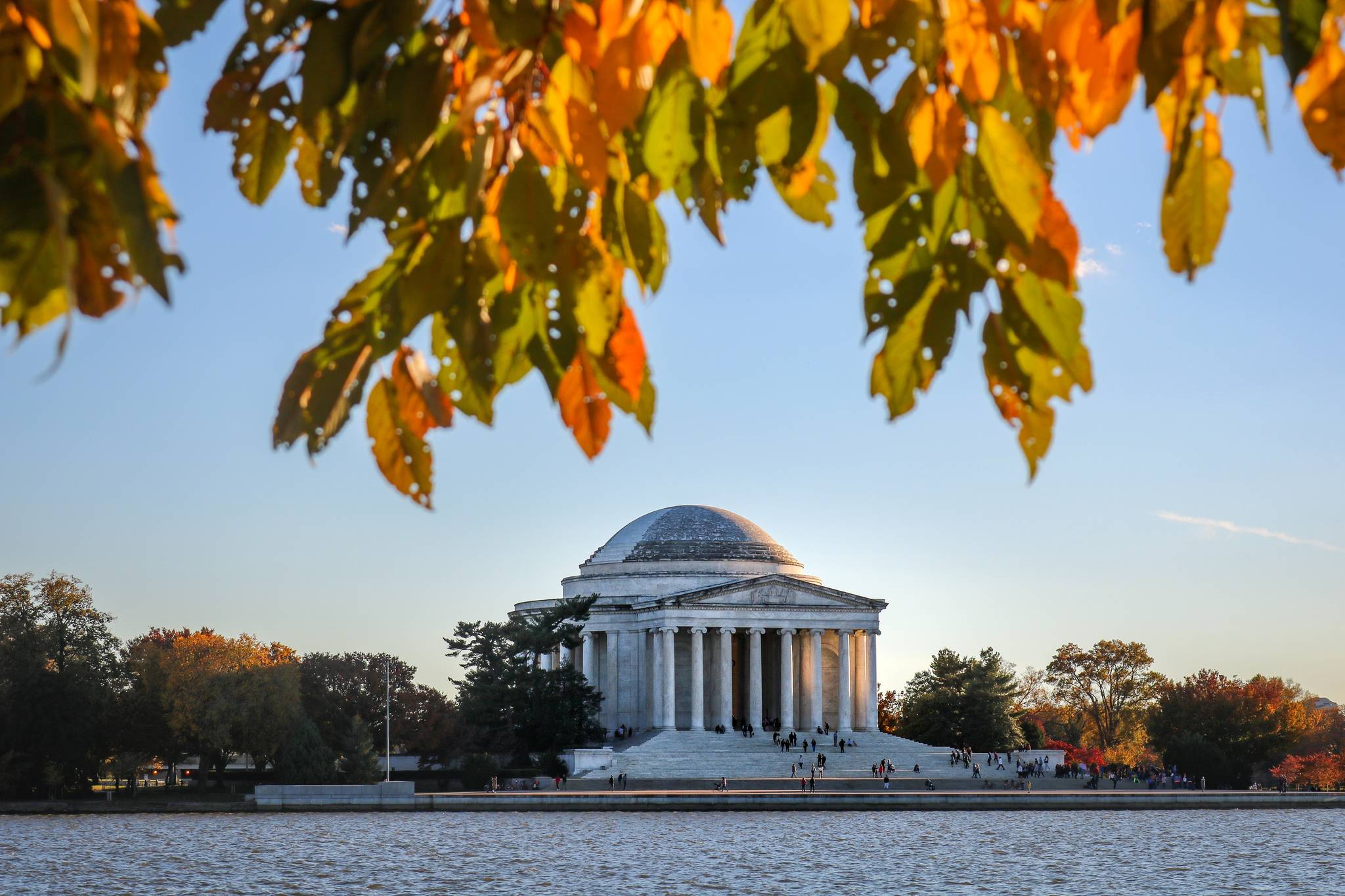By Mike Clemens
Two of Thomas Jefferson’s contributions to our church-state relations happened during January: a 1786 Virginia statute and a now famous 1802 letter to religious supporters. Context matters.
“Established” churches were common in the original 13 colonies; several such constitutions provide undisputed evidence. These favored denominations received general revenues; everyone paid to support religion, even non-members. In those colonies, religious freedom didn’t exist; minority believers could be sanctioned by civil authorities.
The issue of religious freedom became political; most clergy favored a regular flow of government funds rather than depending solely on voluntary parishioner contributions. Gradually, each such colony/state disestablished its official church; general taxes would no longer be used to support their “established” denomination.
Timing of this change-over varied; some disestablished before the First Amendment, some after its ratification. Any states that still had “established” colonial churches were on their own to either continue as is, or disestablish their official denominations when they so decided as all did; Massachusetts was the last in 1833.
Back then, the Bill of Rights constrained only Congress, not states; its main idea was to limit authority of the new national government. Powers not constitutionally enumerated were reserved to the states. Jefferson’s Declaration of Independence refers to “the consent of the governed,” an important concept to those who risked all when they revolted against King George III. But aside from a combined political revolt, several colonies had their own, localized, religious revolt.
“No taxation without representation” figured in revolt against England, but also impacted church-state relationships. Why should people pay taxes to support a church if they didn’t belong to it, a perspective hard to dispute, one that figured in gradual disestablishment.
National Religious Freedom Day on Jan. 16 commemorates passage of the Virginia statute Jefferson wanted mentioned on his tombstone. Drafted in 1777, enacted in 1786, this law essentially removed the Anglican Church as Virginia’s official religion, its “established” church.
Remember, our third President had ideas about church-state relationships that differed from other presidential founders (Washington, Adams, and Madison.) While Virginia Governor, Jefferson issued religious proclamations, but unlike others refused while President. He considered religion the domain of each state, like Connecticut, but still responded to the Danbury Baptist Association on New Year’s Day. That 1802 constituent letter to a religious minority was widely publicized, but uncontroversial; it didn’t mean then what some say it means now.
Some argue that Jefferson’s “wall of separation between church and state” keeps religion out of the public square and thus limits religion to private expressions of personal faith. But since the Danbury group likely voted for him, it makes no sense that our narrowly elected third President would then counsel any supporters to avoid politics. Politicians always solicit voters especially in organized groups.
Jefferson’s religious views weren’t orthodox; he tried to keep them private knowing that they’d be used against him. Each vote mattered. He narrowly won election. John Adams lost his reelection bid due to religious fears about our Federalist second President.
Over 75 years later, in a First Amendment decision from 1879, Reynolds cited Jefferson’s “wall of separation” as “an authoritative declaration of the scope of the amendment” and called him “an acknowledged leader of the advocates of this measure.”
But Jefferson was in France while our Bill of Rights was drafted; upon return there’s no record of him supporting First Amendment ratification. He never again repeated his “wall” metaphor often misquoted as separation “of” church and state, rather than merely “between” church and state.
Since the Supreme Court first hired law clerks in 1882, after Reynolds, it’s not surprising that its chief justice relied upon a neighbor for historical insight.
Even with law clerks, the 1947 Everson decision depended solely on Reynolds without a thorough review of other relevant, contemporary documents.
The next time Jefferson’s “wall” comes up for high court discussion, maybe it will be treated more accurately so that a complete historical analysis will improve jurisprudence.
In closing, as colonies and states disestablished their official churches, they established the pluralism of religious freedom, but did not diminish the role of faith in society. For context, prominent words, actions, and documents illustrate the continued role of religion in U.S. history.
• Mike Clemens is a local, non-lawyer who relied upon books by subject matter experts to synthesize this summary of a complex topic.Columns, My Turns and Letters to the Editor represent the view of the author, not the view of the Juneau Empire. Have something to say? Here’s how to submit a letter to the editor or My Turn.

